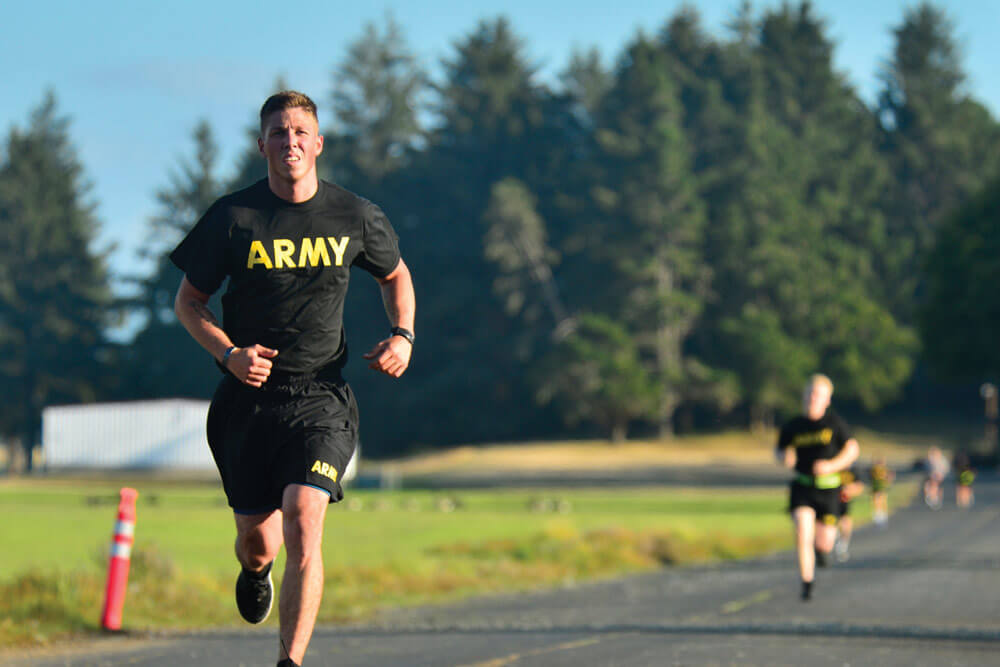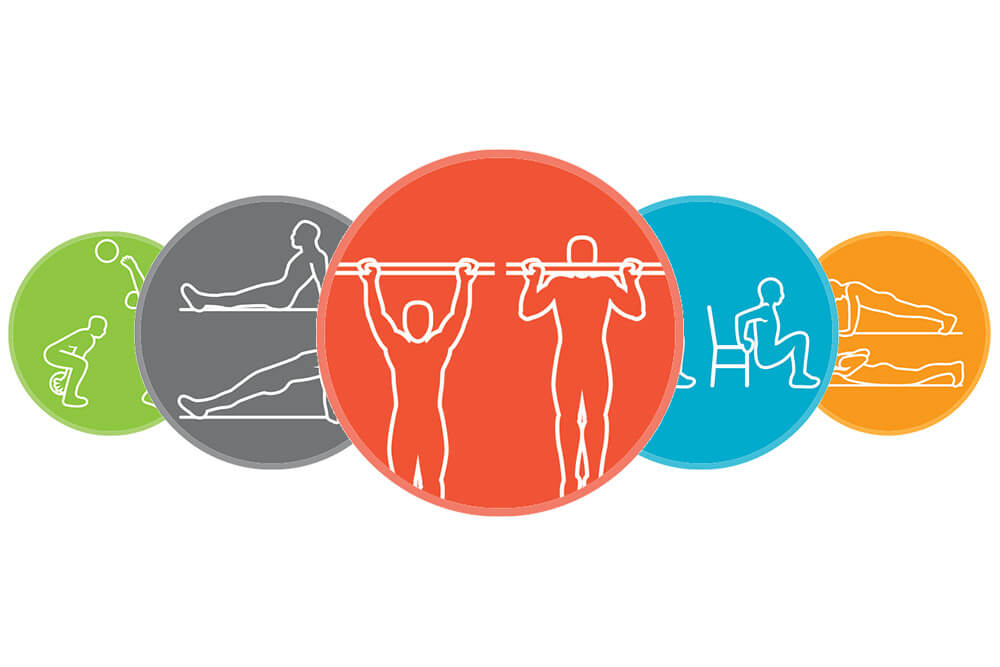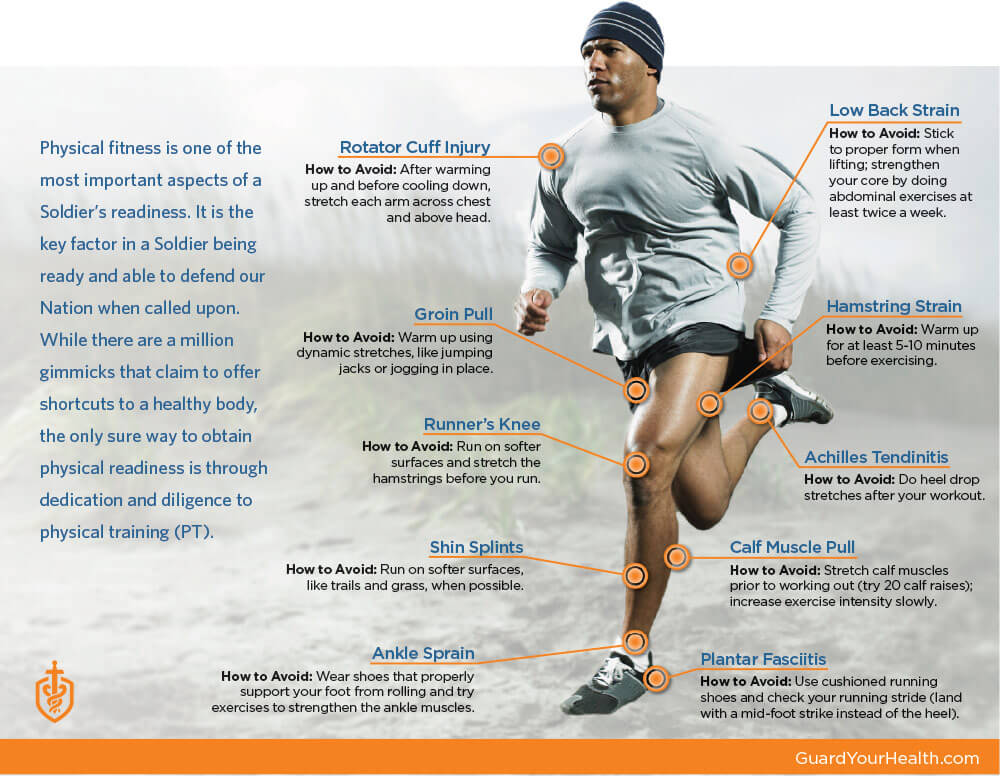Want to build and sustain strength, agility and endurance? You can achieve these goals by using Performance Triad, or P3, strategies.
The Army began the P3 initiative in 2013 to help Soldiers optimize their health and achieve both individual and unit peak performance levels. P3 centers on three pillars that are scientifically proven to affect physical and mental performance — sleep, activity and nutrition.
By targeting and improving daily habits in all three areas, Soldiers can become stronger, faster, leaner and mentally sharper.
So how do the P3 pillars work?
1. Sleep
Sleep is crucial to the proper cognitive and physical functioning of the body. Inadequate sleep is often associated with accidents, poor mood or morale and impaired judgment. For Soldiers, this may lead to a slowed ability to execute orders both on and off the training ranges and battlefields, potentially putting Soldiers and units in harm’s way. By contrast, achieving an adequate amount of sleep every day is linked with increased reaction times and improved decision-making.
Try these tips for reaching optimal rest each day:
- Get a total of seven to eight hours of sleep in every 24-hour period
- Create a technology-free “wind-down routine” for the 30–60 minutes before going to sleep at night (no smartphones, tablets, laptops or TV)
- Do not eat or drink products containing caffeine or sugar within four hours of going to bed
- Create your sleep space by blocking out light and noise
- Take a power nap (or two) – 20 minutes or less – to help re-energize before shift work
Talk to your Medical Readiness NCO if you are experiencing problems sleeping that have persisted for more than two weeks.
2. Activity
Maintaining physical fitness is key to Soldier readiness. Keeping active and practicing principles of safe and effective training enables Soldiers to perform the duties of their jobs, plus become stronger warfighters.
The Department of Health and Human Services recommends adults get 150 minutes of exercise every week (Soldiers on active duty may require more in order to meet Army fitness requirements). Those minutes may be split multiple ways to accommodate varying schedules – whether it be 10 15-minute increments of exercise or five 30-minute workouts. Split your workouts between cardio and strength training for maximum performance.
In addition to regular physical training, physical activity includes getting up from an office desk every hour to stand and stretch, and walking up to 10,000 steps a day. You can get your steps in by:
- Taking the stairs instead of the elevator or walking up the escalator instead of riding up
- Jogging around the building during a lunch break
- Parking in the farthest spot from the building when parking in a lot
- Strolling through the park before or after work
- Doing high knees while watching TV
Decrease the risk of injury by properly stretching before and after workouts. Warm up muscles by performing dynamic stretches such as high knees, lunges, jumping jacks and arm circles. Dynamic stretches will increase the heart rate and prime muscles. Cool down muscles with static stretching or yoga poses. Static stretches increase flexibility and relax muscles. Many fitness experts recommend static stretching be done every day to improve balance, relieve muscle tension, improve posture and increase blood flow.
3. Nutrition
Healthy eating enables training, increases energy and endurance, shortens recovery time between activities, improves focus and concentration, and helps Soldiers to look and feel better.
As the old adage goes, you are what you eat. Eating right means choosing the right mix of food at each meal. Learn how to build a healthy plate using ChooseMyPlate.gov as your guide:
- Fill half your plate with fruits and veggies
- Aim for fresh or frozen produce when possible
- Opt for lean proteins (fish and turkey)
- Choose whole foods such as fruits, whole wheat and whole grains
- Limit fried, sugary and fatty foods
Just like an obstacle course is challenging yet doable, so is managing sleep, activity and nutrition. Incorporating the P3 pillars and fundamentals into a daily routine and lifestyle helps Soldiers dominate on and off the battlefield.
For more information on the P3 program, or to access helpful articles, resource links and more, visit P3.AMEDD.army.mil. For P3 information on demand, download the Performance Triad app, available on both the Apple App Store and Google Play.
By Staff Writer Ruth Ann Replogle



